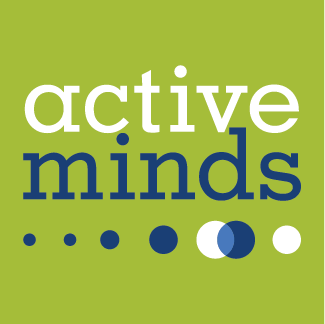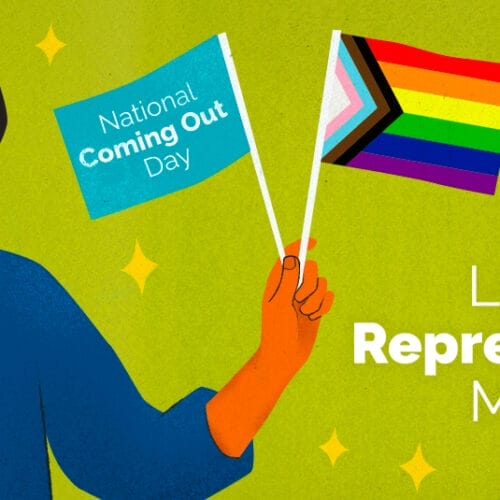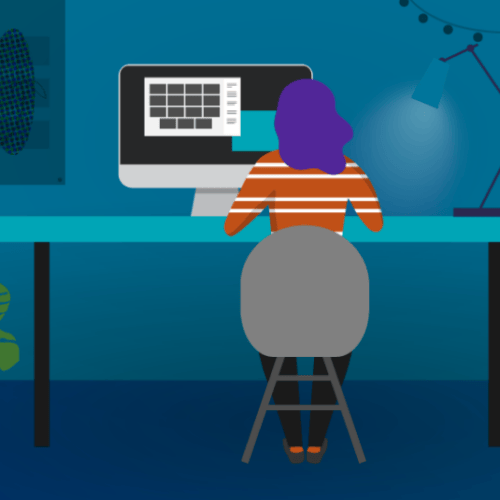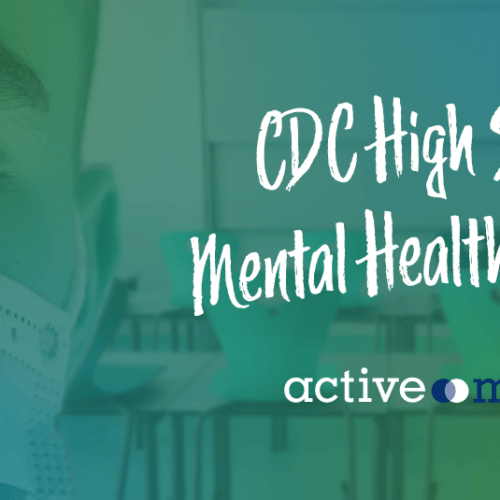Two of the things I am most passionate about are mental health advocacy and LGBTQ+ rights. Both of these are parts of my identity I hold dear to my heart, and I believe that for me at least, they are extremely connected. Discovering my sexuality was a journey, like it is for many people, with many dips and turns. Throughout that journey, my mental health severely took a hit, faltering at times due to high levels of anxiety and stress. Throughout this, one lesson I learned through my journey that I hope to carry forward is the importance of LGBTQ+ representation in mental health – particularly when it comes to therapy.
When I first began to question my sexuality I was confused and not sure what to make of it. I didn’t have many examples or understanding of what being gay was. The biggest challenge was finding out who I was and learning how to accept it for myself – before I even thought about telling anyone else. I became extremely anxious worrying that my family and friends would not accept me when I decided to come out. Around this time the uncertainty of the situation made me crave something I could control, which is when my long journey of self-harm became the worst it had ever been.
When I decided to come out, it was a slow process, starting with friends, and then ending with my family. My friends were all really accepting, but I continued to live with debilitating anxiety knowing I would need to tell my family. I had no clue how they would respond, and I feared the worst would happen. I ended up telling my family one person at a time. I was met with mostly positive responses, but the fear and stress did not instantaneously go away overnight. However, the night I told the last person I needed to that I was gay was also the last time I self-harmed, and I am honestly very proud of that.
Throughout this time I received mental health treatment, however, it was not the most ideal situation. I went through five therapists in a matter of four years, so through this period of uncertainty, stress, and anxiety I also had very unstable mental health treatment. I know this was not solely because of my LGBTQ+ identity, however, it was one of the many things that converged in a perfect storm. One thing I did realize was that many of the therapists I saw had little experience working with people in the LGBTQ+ community, which made discussing issues related to my queer identity, such as anxiety around coming out, rather hard. A lot of my friends in the community have similar problems where their therapists cannot understand or relate to the issues queer individuals face, and therefore don’t know how to help them. Addressing this barrier to healthcare for LGBTQ+ individuals is incredibly necessary so that more people can reap the benefits of representation in mental health and hopefully receive more from therapy.
For anyone who might be struggling with mental health due to their identity, I ask the question: if the people around you don’t accept you for who you are, are they really people you want to be around? I know it can be hard to accept that answer, but no one deserves to live in fear or suffer because of people who don’t want you to exist. The biggest thing I have realized is that I had to be comfortable with myself and accept my identity first. If I hadn’t accepted my queer identity and learned to be confident about it, it would have been very hard to confidently tell someone, “This is who I am”. That took me years to truly understand, but once I did, it changed my life and finally made me feel free.







